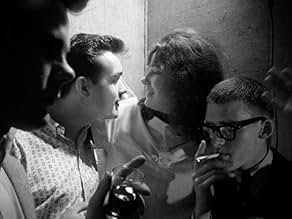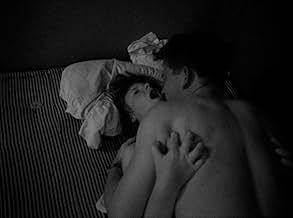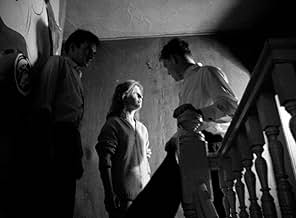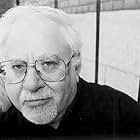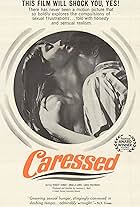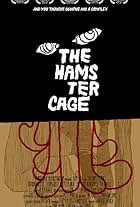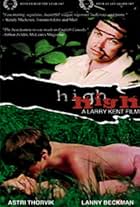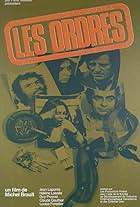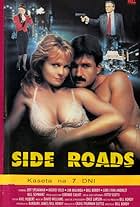The Bitter Ash is a Canadian classic, cheaply made (by university students), but powerful and haunting in effect. Be warned of dubbing problems and occasional over-acting. The dialogue, structure, editing, and the jazz soundtrack more than compensate for this. Indeed, the film's faults add to its charm. For anyone interested in the beginnings of the counter-culture and the sexual revolution of the early 1960's, the film is a must. It begins with a black screen & the sound of a heart beating; it cuts to opening credits illustrated with drawings of skeletal men fighting -- lacking flesh. There is something gothic, dead and fearful in 1950's culture and Cold War angst, that the film transmits. TBA takes the imagination both inside its characters and outside, into the economic, familial, social and historical moment/place of its creation: provincial Vancouver at its first moments of self-consciousness and cultural rebellion. Unlike so much contemporary Canadian film, it makes no effort to conceal its identity. And unlike many other early Canadian features, TBA is not a docudrama. The male characters are immediately recognizable as commentaries on mainstream cinematic masculinities: the `angry young man' from the working class, and his romantic alternative, handsome gentility (i.e. James Dean or Warren Beatty). At the centre of the drama, Laurie (Lynn Stewart) is a dropout from the middle-class, determined to escape the empty materialism of her parents' generation, but, after a poor marriage, motherhood and poverty, finds herself confronted by more formidable forces.


